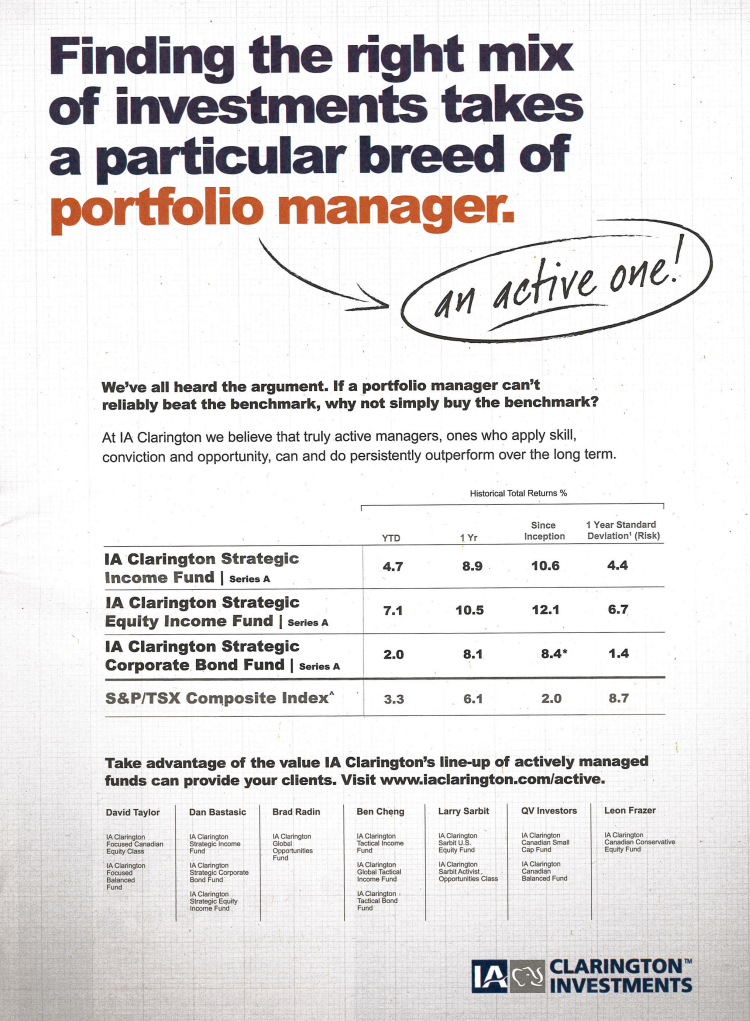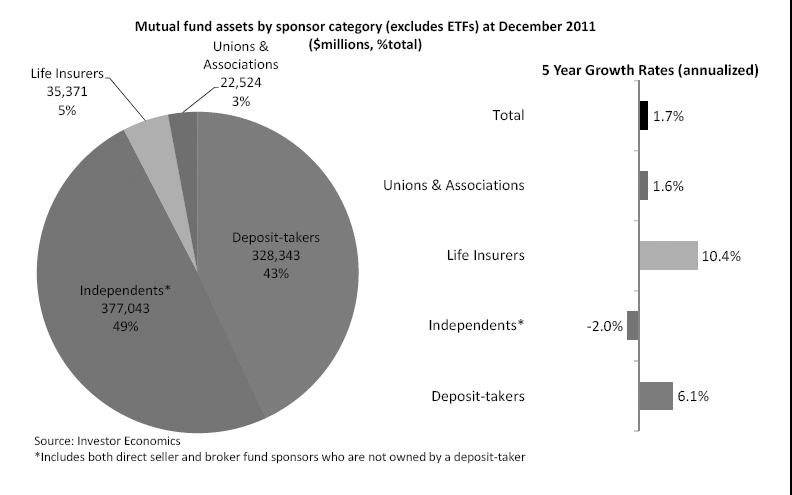Canadian Financial DIY Mutual Funds and Total Expense Ratio (TER) vs Management Expense Ratio (MER)
Post on: 22 Июнь, 2015 No Comment

Wednesday, 12 September 2007
Mutual Funds and Total Expense Ratio (TER) vs Management Expense Ratio (MER)
Management Expense Ratio (MER) is the overhead cost of running a mutual fund. It is required to be published by mutual fund companies in Canada, which is good since high cost mutual funds return less to the investor. In fact, the simplest way to shop for a mutual fund is just to find the one with the lowest fee since that is apparently an effective way to find the ones which will give an investor the best return.
But the MER doesn’t include all costs as the Investment Funds Institute of Canada (IFIC, the mutual fund industry trade body in Canada) explains in this FAQ on fees. Some of those costs can substantial, further reducing returns to an investor.
Notable excluded costs are:
- brokerage commissions for trading; with turnover in funds up to 80% in a year, that can add up and reduce the performance of the fund (See The True Cost of Funds on Fundscope)
- sales charges, either front-load or deferred/back-end; actual performance for the investor is reduced to the extent that these charges apply — the front-load negative impact is obvious but it has been found that the deferred charges usually come into play since typical mutual fund investors apparently have short holding periods, averaging perhaps 3 years, while charges apply typically for six years.
- miscellaneous other charges, that may or may not be levied, such as RRSP admin fees, account opening fees, transfer out fees, short-term trading fees.
- trading impact costs aka the buy-sell spread, an opportunity cost, explained in The Hidden Costs of Mutual Funds by Milestone Investment Counsel

Note that yours truly discovered that the above IFIC FAQ said the direct opposite — that trading fees ARE included — but a phone call to the IFIC reached a certain Dennis, who said they are NOT included in the MER. He promised to correct the FAQ within the day. Hmmm, the document was dated 2005! Either no one reads the IFIC website or many people have been misled — not good. Update Friday, September 14th: The IFIC FAQ document still has not been updated to correct this error. Later on Friday, Dennis says the updated document will be posted next week. Update Oct.10 — the link to the IFIC FAQ doesn’t work any longer. There has been a wholesale change to the IFIC website and the FAQ seems to have disappeared altogether. Better no information than wrong information, I suppose, but it isn’t very helpful either way.
Nor are brokerage fees included in US published MERs, which are often called simply Expense Ratios. However, Total Expense Ratio does include include it — See this description of Total Expense Ratio in the Investopedia. In the UK TER also includes brokerage commissions and the information is usually published. Out with MER, bring on TER.














